People in Space: Virgin Orbit CEO – Dan Hart
4th Aug 2020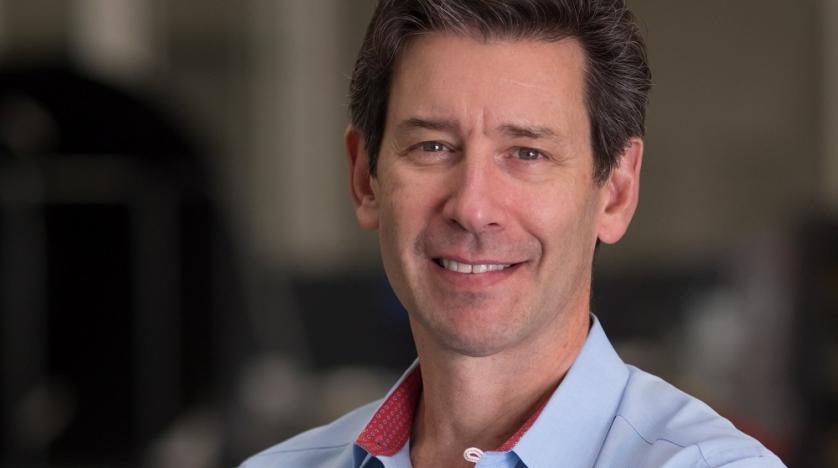
Virgin Orbit Director Dan Hart has earned the credibility of Richard Branson and lives up to it. In just three years of management, the company came close to the first commercial launch of small satellites
Virgin Orbit is mainly focused on horizontal orbital launches. Despite its young age (the company was established in 2017), the company already entered the market with a lot of experience and knowledge, as it was created on the basis of the Virgin Galactic division, which has existed since 2002.
Its founder, the British billionaire Richard Branson, decided to make space accessible for tourist flights, and today he has come close to this goal. But, as a successful businessman, Branson could not ignore the rapidly growing market for small satellites. So Virgin Orbit appeared, and Dan Hart, with many years of experience in the aerospace industry, was chosen as its head.
Not the first day “in service”: rich experience in NASA, ESA, and Boeing
Dan Hart’s track record is impressive. As a physicist by training, he began his career at the McDonnell Douglas aircraft company, which was involved in the SpaceLab in NASA’s Kennedy Space Center program. His talent was quickly noticed, and Dan was invited to support integration systems in the ESA.
In 1983, Hart joined Boeing, to which he gave up nearly 35 years. There, he managed to work in many positions, the last of which was the vice president of government satellite systems.
Hart’s responsibilities included overseeing government satellite programs, as well as developing and managing missions for the US Department of Defense, NASA, NOAA, and other US government programs.
Dan Hart worked on such projects as:
- Global Positioning System (GPS)
- Wideband Global SATCOM
- Tracking and Data Relay Satellites (TDRS);
- Boeing X-37 spaceplane.
Thanks to a long and eventful career, Dan Hart took part in all stages of work on aerospace products: from research to design and flight. Dan supported numerous missions to develop and deploy satellites and missile defense. He served on the Delta and Delta II launch teams and led the Delta IV Launch Systems Engineering, Integration, and Testing Team. Naturally, such a professional could not go unnoticed by Richard Branson.
An invaluable contribution to the development of Virgin Orbit
At Virgin Orbit, Dan Hart was able to apply all his experience and knowledge, which was multiplied by the investment and interest of Richard Branson, and quickly paid off. In just three years, the company was able to establish the complete process of preparing and launching its own LauncherOne lightweight launch vehicle.
LauncherOne is not an ordinary rocket. Unlike classic launch vehicles that launch vertically, a Virgin Orbit rocket with a payload of up to 350 kg is launched from the wing of a specially equipped Boeing transport aircraft, which takes off to a height of 30 thousand feet. The horizontal launch is not a new technology and has been used in the military sphere since the post-war years. But its implementation is quite expensive and not 100% reliable. Virgin Orbit and Dan Hart almost managed to defeat both. LauncherOne launch costs three times cheaper than its closest counterparts, and production and preparation for the flight takes weeks, not months.
However, not everything went smoothly. The first test launch of LauncherOne in May of this year failed. The rocket successfully separated from the wing of the Boeing, turned on the engines, and launched into the calculated orbit. However, in 9 minutes, a sudden system failure occurred, and the vehicle had to be destroyed.
The Dan Hart team was not upset, because almost no one succeeds the first time. Even the notorious Falcon of Elon Musk started successfully only in the fourth attempt, and the Rocket Lab Electron crashed for the first time in two years after 12 successful launches, that’s why Virgin Orbit still has all the chances of success. Besides, Virgin Orbit recovered from failure very soon — on January 17, the rocket took off from California and successfully launched 10 NASA satellites into required orbit.
Dan Hart called this day ‘glorious’ and emphasized that the company is moving towards its mission of making space open and accessible. He added that Virgin Orbit really has something that could, one day, change the world.
Virgin Orbit unique operations
Besides using a non-traditional air-launch technology, Virgin Orbit has an uncommon approach to its operations. The company is vertically-integrated, which means that it heavily relies on teams. The latter possess both technical depth and expertise to ensure smooth operations. Dan Hart explains that the company takes raw materials, including metal and fibers. The supplies go in one side of the building, and the assembled rocket comes out of another.
The biggest benefit of vertical integration is that rocket development time is optimized. Besides, if any changes in the process are necessary, it is easier to implement them. In contrast to that, most aerospace companies depend on their teams of lawyers anytime they need to make a change with the supplier.
Dan Hart adds that Virgin Orbit does not have a lot of big suppliers. Of course, the company works with Boeing because they made the airplane, but generally, Virgin does everything in-house. Occasionally, it relies on suppliers to make pumps and other key areas, but the general policy is to produce everything independently to ensure maximum flexibility.
Dan Hart specifically mentions a partnership with DMG MORI because advanced manufacturing and automation are vital for Virgin Orbit development. DMG MORI is a leader in additive manufacturing, and Virgin has been using some of its advanced machines for engine building.
Virgin & Its Contribution to Fighting the Pandemics
When the Covid crisis broke out, Dan Hart understood that Virgin engineers should be able to help. He claims to have woken up one morning with the idea of doing something for the companies that are making ventilators and reached out to California’s governor on the same day.
In another 24 hours, Dan and Virgin team organized a chat with the University of California discussing the possibility of mass-produced ventilators. It took another six or eight weeks to start producing the devices. Such speed once again proves that the company is versatile and cares about the community. After all, its purpose is to make the world a better place.
Virgin is collaborating with the US Department of Defense because there is always a ‘crossover’ between civil, military, and commercial launches. Still, the main focus is on small satellites and the ability to deploy them from any airport worldwide.
Right now, Dan Hart is getting ready to expand the market, and the number of clients since Virgin Orbit has clearly proven its launch capabilities.
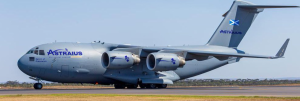

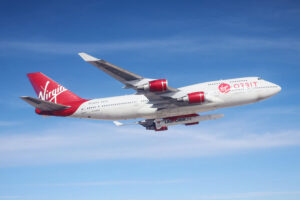
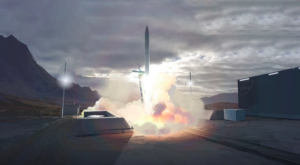
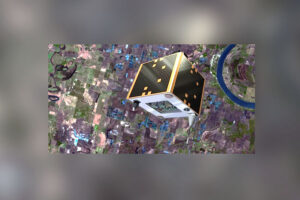

Thank you for your comment! It will be visible on the site after moderation.